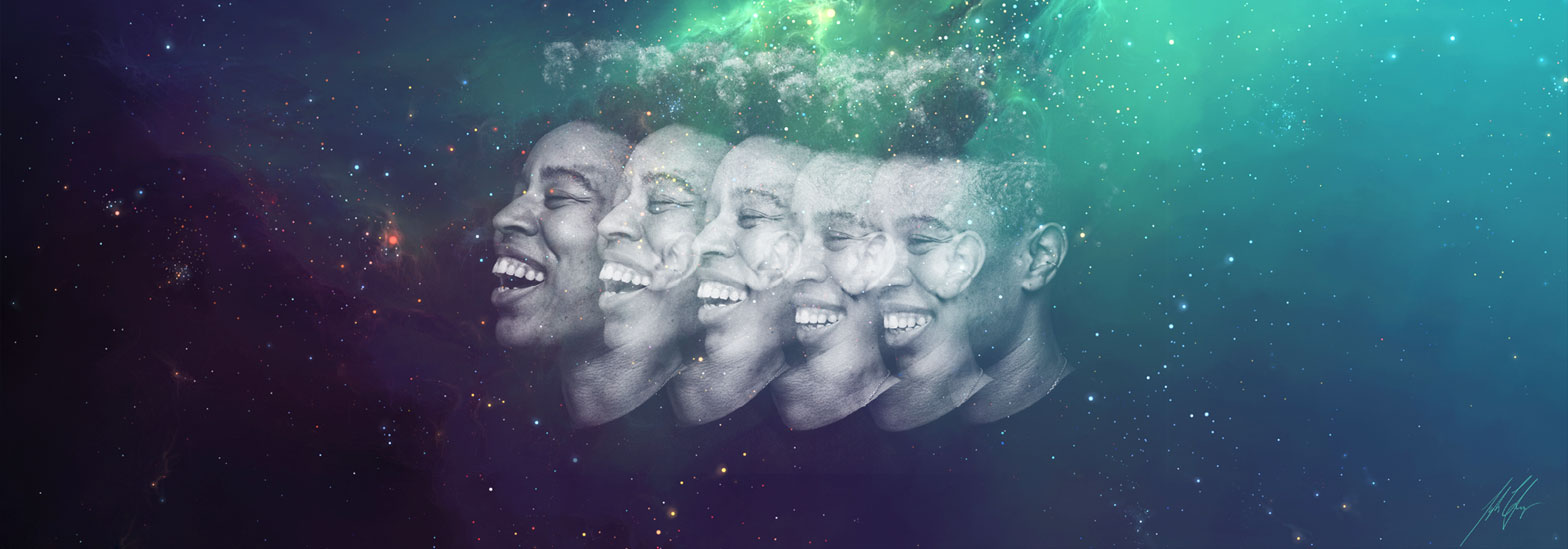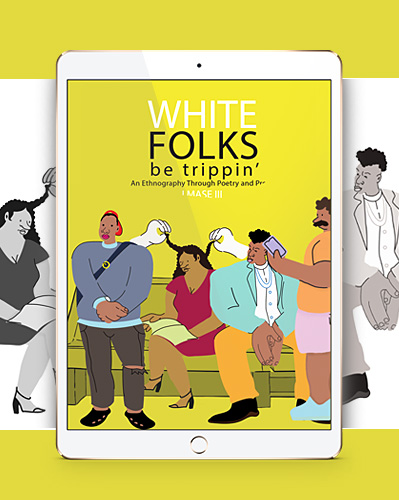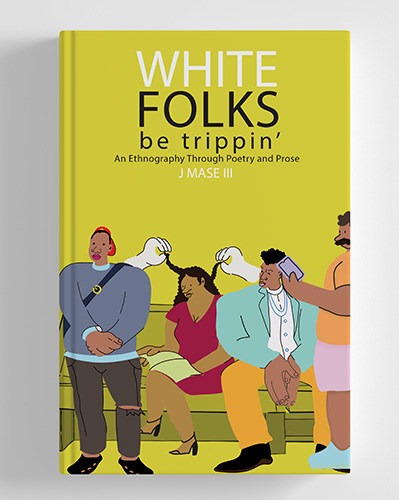White Folks Be Trippin’
In the spirit of Langston Hughes’s the Ways of White Folks, Black Trans poet & educator, J Mase III takes us on a journey through the absurdities of whiteness. From MLK quotes out of context, to strange dance moves and circular conversations about justice that go nowhere, he guides us into accepting what we already know: White Folks Be Trippin’. More importantly, in an Instagram world he warns that not knowing the complexities of whiteness, white supremacy and its impacts can be downright dangerous for us all.
Quotes:
“J Mase III is an ingenious wordsmith, wielding metaphors with precision and grace, arming Black Trans people with poetic ways to carve through trauma, sweeten the soul with articulated balms and dismantle White supremacist systems.”
Lady Dane Figueroa Edidi
Author
“ J Mase III is not waiting for his enemy to kill him, rather he is fighting tooth and nail to build a fabulous queer future that is fierce, triumphant and unapologetically Black. White Folks Be Trippin’ is a battle call that will have you dancing with joy, shouting in rage and quiet with grief. It is the work we need to get us to the other side, and I am so damn glad it is here. ”
Saida Agostini
Poet
“This book, along with J Mase III’s other offerings, is a must-read for every Black, Brown and Indigenous person who is surviving White violence. White Folks Be Trippin’ is a treasure; J Mase III empowers us to carve out space to validate our own experiences, pool our expertise, and make use of our resources and our will.”
Déjà Baptiste
Word & Movement Artist
White Folks Be Trippin is the ethnographic account needed at this moment. J Mase’s words are direct, poignant, urgent, and necessary. His account names and exposes the dynamics of performative allyship, cooptation of Black Liberation activists, and thought leaders for white niceties. Deliberately, he highlights how Black, Brown, and Indigenous people are forced to be experts on white accountability avoidance, performance, racist colloquialisms, guilt, inauthenticity, and more. This account minces no words, pulls no metaphorical punches, and lays guidance for white accomplices ready to address the irrationality of White Supremacy. Most notably, this book provides space for Black, Brown, and Indigenous folks to commune and commiserate over shared experiences of White Folks Trippin. Simultaneously, this account encapsulates a clear foundation of the costs of performativity to Black, Brown, and Indigenous people interpersonally, institutionally, and historically. Through both poems and social media posts, White Folks Be Trippin is a calling out, a rant, a framework, guidance, and an overt recommendation to those claiming solidarity that should be heeded in this very timely moment by both individuals and institutions alike.
Jes L. Norman
College Administrator



